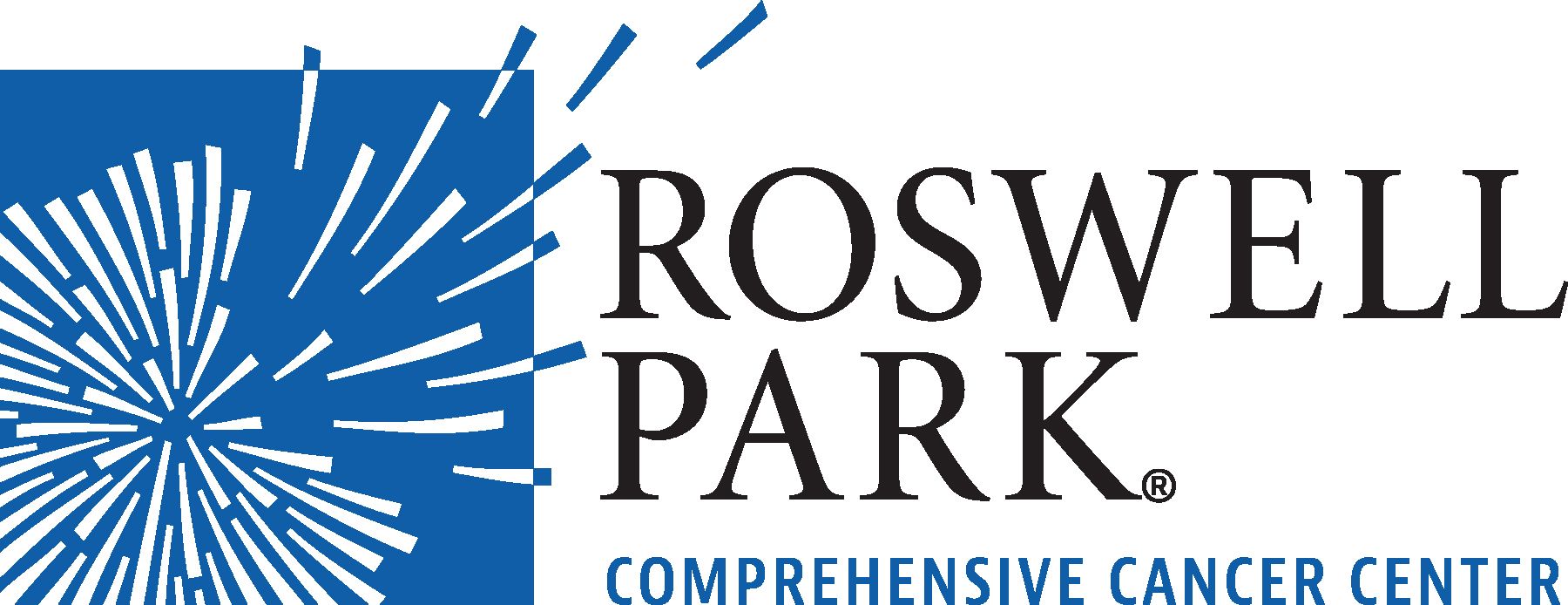
Chemosensitivity Reflects Improved OS Following Adjuvant Chemotherapy in Gastric Cancer

Neoadjuvant chemosensitivity was associated with an improvement in overall survival following adjuvant chemotherapy in patients with resectable gastric cancer, according to findings from a cohort study that were published in JAMA Network Open.
Neoadjuvant chemosensitivity was associated with an improvement in overall survival (OS) following adjuvant chemotherapy in patients with resectable gastric cancer, according to findings from a cohort study that were published in JAMA Network Open.
With a median follow-up of 34 months, the results showed that the depth of neoadjuvant chemosensitivity was significantly associated with the extent of OS benefit from adjuvant chemotherapy (P = .03).
Specifically, adjuvant chemotherapy was significantly associated with prolonged survival in patients with sensitive disease. In this population, the 1-, 3-, and 5-year survival rates were 97.6%, 83.1%, and 73.8%, respectively, in patients who received adjuvant chemotherapy vs 94.9%, 77.2%, and 65.0%, respectively, in patients who did not (HR, 0.64; 95% CI, 0.46-0.91; P = .02).
However, in patients with very sensitive disease, the 5-year survival rate was 80.0% in those who received adjuvant chemotherapy vs 90.8% in those who did not (HR, 2.45; 95% CI, 0.81-7.43).
“In this cohort study, preoperative chemosensitivity was associated with survival among patients with resectable gastric adenocarcinoma who received postoperative chemotherapy. These findings may help inform future studies to personalize postoperative therapy,” lead study author Lei Deng, MD, a fellow of hematology and medical oncology at Roswell Park Comprehensive Cancer Center, and coauthors wrote in the study publication.
The survival benefit of adjuvant chemotherapy is not well known in patients with resectable gastric adenocarcinoma who received neoadjuvant chemotherapy because of its low completion rate.
As such, the aim of the study was to better understand whether neoadjuvant chemosensitivity is associated with postoperative survival in patients with resectable gastric adenocarcinoma who receive adjuvant chemotherapy.
To that end, the national, hospital-based cohort study compiled data from the National Cancer Database, which houses over 70% of newly diagnosed gastric adenocarcinomas in the United States, between 2006 and 2017.
Included in the study were patients with clinical stage II or III disease who had been treated with neoadjuvant chemotherapy and curative-intent resection, except for radiotherapy.
Neoadjuvant chemosensitivity was defined as very sensitive (ypT0N0), sensitive (pathological TNM stage less than clinical, excluding ypT0N0), and refractory (pathological greater than or equal to clinical).
The data were analyzed in April 2021.
The main outcome that was evaluated was OS from the time of surgical discharge.
The study included 2382 patients; most patients were male (n = 1599; 67%), and the median age overall was 63 years (interquartile range, 54-70).
Most patients (n = 1524; 64%) did not receive adjuvant chemotherapy. Most patients (n = 1483 patients; 62%) had refractory disease, followed by sensitive disease (n = 727 patients; 31%) and very sensitive disease (n = 172 patients; 7%).
Additional results showed that adjuvant chemotherapy was not associated with improved OS in the entire cohort (HR, 0.88; 95% CI, 0.75-1.02; P = .37). Patients with refractory disease had the worst survival vs patients with sensitive disease (HR, 0.39; 95% CI, 0.32-0.46) and those with very sensitive disease (HR, 0.12; 95% CI, 0.07-0.20; P < .001).
Like patients with very sensitive disease, those with refractory disease derived no significant OS advantage with adjuvant chemotherapy, with a 5-year survival rate of 41.8% vs 40.7% without (HR, 0.93; 95% CI, 0.79-1.10).
Notably, several factors were associated with a significantly lower likelihood of receiving adjuvant chemotherapy, including older age (odds ratio [OR], 0.99; 95% CI, 0.97-1.00), comorbidity (OR, 0.71; 95% CI, 0.57-0.90), longer time from chemotherapy initiation to surgery (OR, 0.99; 95% CI, 0.97-1.00), less sensitivity to preoperative chemotherapy (very sensitive vs refractory OR, 0.58; 95% CI, 0.37-0.89; sensitive vs refractory OR, 0.96; 95% CI, 0.76-1.20), and longer surgical hospitalization (OR, 0.95; 95% CI, 0.93-0.97).
“These findings are valuable for personalizing postoperative treatment in patients with resectable gastric adenocarcinoma, considering the low completion rate of the entire postoperative chemotherapy course in those patients associated with postoperative recovery and toxic effects of postoperative chemotherapy,” concluded the study authors.
Reference
Deng L, Groman A, Jiang C, et al. Association of preoperative chemosensitivity with postoperative survival in patients with resected gastric adenocarcinoma. JAMA Netw Open. 2021;4(11):e2135340. doi:10.1001/jamanetworkopen.2021.35340






































